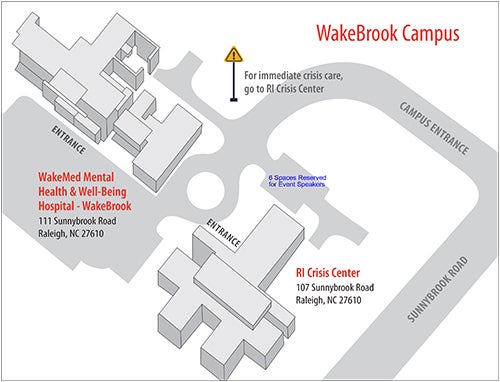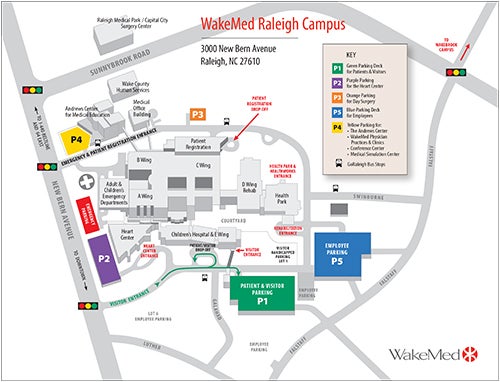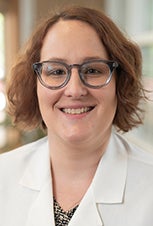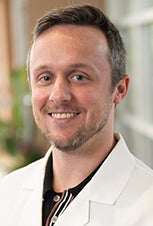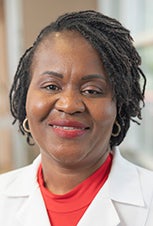WakeMed Mental Health & Well-Being Hospital - WakeBrook
111 Sunnybrook Road
Raleigh, NC 27610
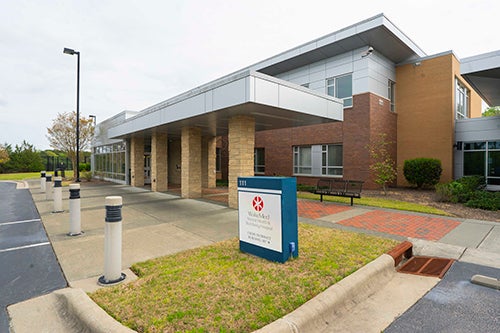
Hours
WakeMed Mental Health & Well-Being Hospital – WakeBrook is a center of healing for adults age 18+ who need intensive yet compassionate care for their mental health and/or substance use (addiction) diagnoses. Our 28-bed hospital is a safe place for restoring balance and rediscovering life. Adults often come to us after a visit to a local mental health crisis center or hospital emergency room. We provide 24/7, physician-supervised care as well as medication management and group therapy. As a not-for-profit organization, we provide services regardless of a patient’s financial circumstance.
People in need of walk-in care for mental health and substance use disorder crisis services are best served at RI Wake Recovery Response Center in the adjacent facility on the WakeBrook campus and at other crisis centers throughout the area, such as those available through our NABH crisis providers.
- How to Access Care at WakeMed Mental Health & Well-Being Hospital – WakeBrook
- Visitation
- Conditions We Treat
- Maps
If you are experiencing a life-threatening emergency, call 911 for emergency medical care. If you are experiencing a non-life-threatening mental health crisis, seek care at an area mental health crisis center (Mental Health & Well-Being | WakeMed), by calling the Suicide & Crisis Lifeline at 988 or go to a local hospital emergency department. WakeMed has eight emergency departments in the area.
How to Access Care at WakeMed Mental Health & Well-Being Hospital – WakeBrook
Patients come to WakeBrook Hospital with a physician/counselor referral often after a mental health crisis and evaluation/stabilization at a crisis center or hospital emergency room (voluntarily). When a person’s illness causes them to be a danger to themselves or others and they are not able to make appropriate decisions for themselves, another person or the court system makes the decision about mental health hospital care for the patient (involuntarily).
Voluntary Admissions
All patients must be medically stable and must have been evaluated by a mental clinician within 24 hours before they are considered for admission to WakeMed Mental Health & Well-Being Hospital – WakeBrook. They must be referred by a mental health clinician or medical provider.
There are several ways adult patients can be admitted to our WakeBrook hospital:
- Mental Health Crisis Center – Area crisis centers can refer patients who are medically stable for admission to WakeMed Mental Health & Well-Being Hospital – WakeBrook. Many of our patients come to us from the RI Wake Recovery Response Center located across the parking lot on the WakeBrook Campus.
- Hospitals – Many patients are referred to us by area hospitals.
- Primary Care Providers/Mental Health Clinicians – Referrals for inpatient admissions are accepted from these providers.
Involuntary Admissions
Adults can be involuntarily commited (IVC) to WakeMed Mental Health & Well-Being Hospital – WakeBrook. While we believe treating patients under IVC is essential in our mission to serve all, WakeMed remains committed to respecting the individual rights and autonomy of our patients and will continue to work to support patients to seek treatment at their own will. We have reduced the use of IVC throughout the WakeMed system by 60% during the past several years and we remain committed to ensuring it is only used when absolutely necessary.
The IVC process is both medical and legal. Its purpose is to ensure:
- Safety of the patient and those around them
- The patient has access to needed psychiatric services
- The patient’s civil rights are protected and respected
- Legal “due process” is in effect
- Specially trained officers provide safe transportation to the accepting psychiatric facility
Please ask a member of the care team or law enforcement for additional information about the IVC process.
Visiting & Staying in Contact with Patients at WakeBrook
WakeMed believes in the positive effect that visitation can have on patients and complies with North Carolina’s No Patient Left Alone Act. Friends and family who are ages 18+ are welcome to visit a patient in accordance with the facility’s visitation guidelines in accordance with the patient's wishes with a few exceptions. WakeMed will only limit visitation when needed to protect the health and safety of patients, visitors or WakeMed staff members.
Visiting Hours
Weekdays – 5:30 pm to 6:30 pm
Weekends - 11:00 am to 12:00 pm
Please call 919-350-8000 and ask for WakeBrook if you cannot visit during regular visiting hours and would like to arrange a different time.
Visitor Guidelines
- Patients can have up to two visitors at a time.
- Visitors must be 18 years of age or older.
- Patients have the right to refuse visits from a specific individual.
- Our patients’ safety and recovery are important. Staff can limit a patient’s visitors if they feel it is in the best interest of the patient’s healing journey.
- Visitors will be asked to present a photo ID when entering the hospital.
- Please leave all belongings such as cell phones, valuables, handbags, locked in your trunk. Lockers are also available in the lobby.
- Patients cannot have outside food or beverages. Please do not bring consumables to the hospital.
- Please do not send or bring flowers or plants to the hospital.
- If you are bringing any items such as clothing to a patient, all bags will be searched before they are provided to the patient.
- Paperback books, journals and magazines are welcome for patients.
- Visitation may be limited at certain times of the year when community transmission levels of illnesses such as influenza, RSV and COVID-19 are high.
- Visitors must be respectful of patients and staff. Inappropriate behavior is not in keeping with our healing environment and will not be tolerated.
Phone Calls
Patients are welcome to receive phone calls when they are not involved in therapy or activities. To contact a patient, please call 919-350-8000 and ask to be transferred to WakeBrook.
Cards and letters from can lift patients’ spirits. If you would like to send mail to a loved one, the mailing address is:
Patient Name
WakeMed Mental Health & Well-Being Hospital – WakeBrook
3000 New Bern Avenue
Raleigh, NC 27610
Please note that the mailing address and location address are different.
Conditions We Treat
At WakeMed Mental Health & Well-Being Hospital – WakeBrook, we help adults recover after mental health crises, manage chronic mental health issues and learn the skills needed to maintain sobriety. Some of the conditions we treat include:
- Substance use disorder – addiction to drugs, alcohol and other substances
- Bipolar disorders
- Dual diagnosis – two or more mental health conditions
- Anxiety
- Suicidal ideation
- Schizophrenia
- Depression and other mood disorders
- Post-traumatic stress disorder
Campus Maps
